Chapter Thirty-nine – Vuelta
The last chapter
THE homeward journey. I have to travel across four countries yet, but whatever I see now, absent-mindedly I let slip between my fingers like the beads of a rosary; for now it is only the way back.
A man who is returning home, squeezes himself into a corner of the railway-carriage, and half-closes his eyes; enough, enough of this passing-by and withdrawing; enough of all those places which slip away almost as soon as they have beckoned. All he wants now is to be home again, like a post fixed into the ground; to see around him, morning and evening, the same familiar things. Yes, but the world is such a large place!
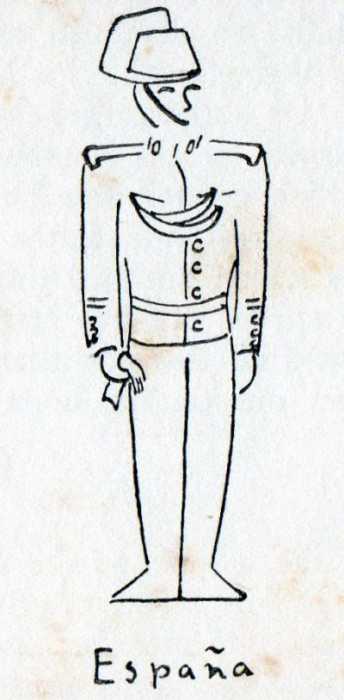
Just look at that fellow and see what a fool he is! There he sits in the corner like a bundle of misery, and he is annoyed because he did not see more of it. He hasn't seen Salamanca or Santiago; he hasn't encountered the king of the gypsies, nor heard the sound of the Basque txistularis. He ought to see all and stretch out his hands towards everything, just as he patted that donkey at Toledo or stroked the trunk of the palm in the garden of the Alcazar. He ought at least to touch everything with his fingers. To pass the palm of his hand across the whole world. What a delight it is, dear reader, to see or to handle something which, till then, was unfamiliar to you. Each divergency in things and people widens the bounds of life.
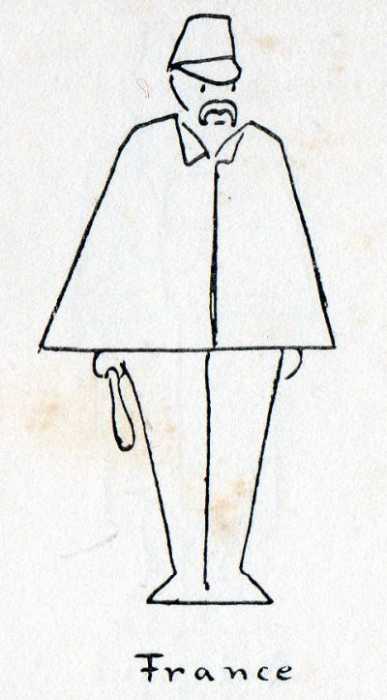
With gratitude and joy you have gleaned everything that differed from what you were accustomed to; and whatever other pilgrims you saw, you were willing to walk themselves off their feet to make sure of not missing anything special and picturesque and different from what they could see elsewhere; for in all of us there is a love for the fullness and teeming of life. Now this fullness of life is brought about by nations; of course, by history and environment as well, but the two are merged into nations. So of it ever occurred to us to let the affairs of this world be controlled by a love of life, we should have to say something of this sort (in all the languages of the world) :
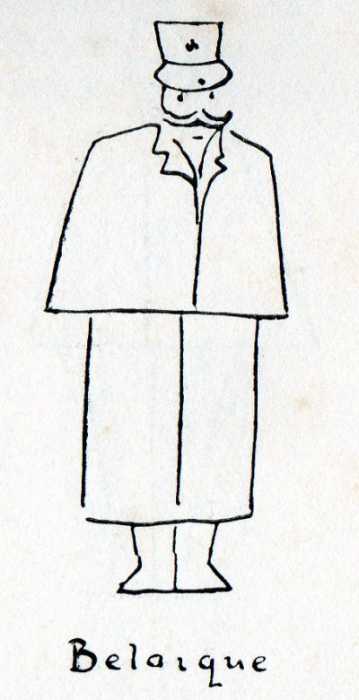
Caballeros, it is true of course, that people are people, all the world over, but what caused us travellers such a pleasant surprise was not so much the discovery that, for instance, the Sevillians are people, as the discovery that the Sevillians are Sevillians. We were delighted to find that the Spaniards really are Spaniards; the more Spanish they were, the more we liked them and the more highly we thought of them.
Bear in mind that we should think just as highly of the Chinese for the exciting reason they are Chinese, or the Portuguese because they are Portuguese, and we don’t understand a word they say. And so on.
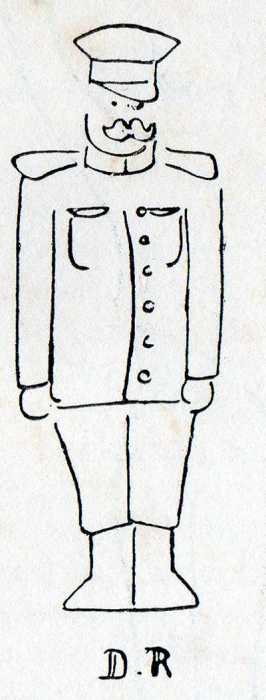
There are people who love the whole world as long as it is willing to have asphalt high-roads or to believe in one God or to close the bodegas and taverns. There are people who could love the world if only it would assume just their own single civilized aspect. But as we have not yet made much progress with love, let us try another way.
It is far more delightful to be fond of the world because it has thousands of aspects and is different everywhere, and then to announce: Friends, as we are so glad to see each other, let us make a League of Nations; but hang it, they must be Nations with all the proper trimmings, each one with different hair and a different language, with its own customs and culture, and if need be, well, all right, with its own God, too; for every divergence deserves to be cherished, simply because it widens the bounds of life. Let us be united by everything that divides us !
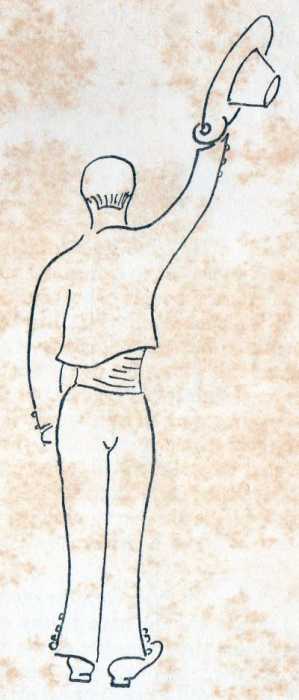
And here, the man on his way home, lets his eyes nestle against the vine-clad hills of France, lets them fondle the hop-fields of Germany, and with feverish delight looks forward to seeing the tilled land and the apple-orchards beyond the last frontier.
